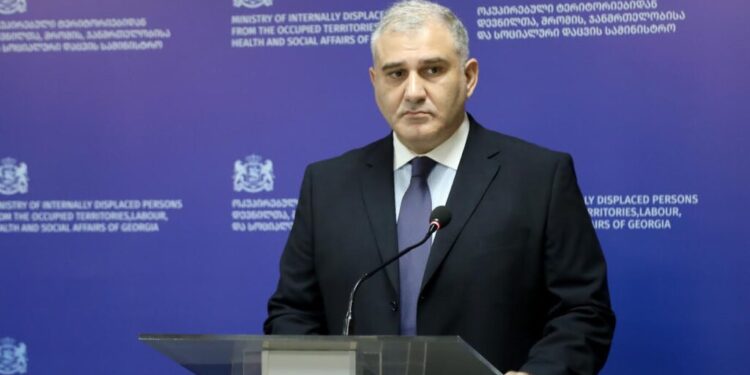Georgia has completed another stage of its substitution treatment system reform which Health Minister Mikheil Sarjveladze described as a clear success.
Sarjveladze stated that around 1,800 beneficiaries previously served by private providers have now joined the state program. The minister emphasized an interesting trend: approximately 200 individuals who transitioned to the public system requested doses that were three times lower than what they had been prescribed in private clinics.
“These people refused from the very first day to continue with the doses they had been buying from private institutions,” Sarjveladze noted, adding that the costs in private facilities were far from modest. “Eight organizations in this sector generated over 30 million GEL in annual revenue. Now, when the state provides the treatment free of charge, beneficiaries are asking for doses three times lower. The public can easily draw conclusions and form their own versions as to why such large doses were being prescribed before.”
The minister also pointed to significant differences in dosage averages. While the overall average in private substitution programs stood at 11.5 milligrams, the state-run program recorded a much lower average of 7.8 milligrams. In some private facilities, however, the prescribed average went far beyond these figures.
“Out of 20 private providers, four had an average dosage exceeding 15 milligrams, with some cases even reaching 19 milligrams,” Sarjveladze explained. “What this means and what risks it raises are questions the public can answer for themselves.”














